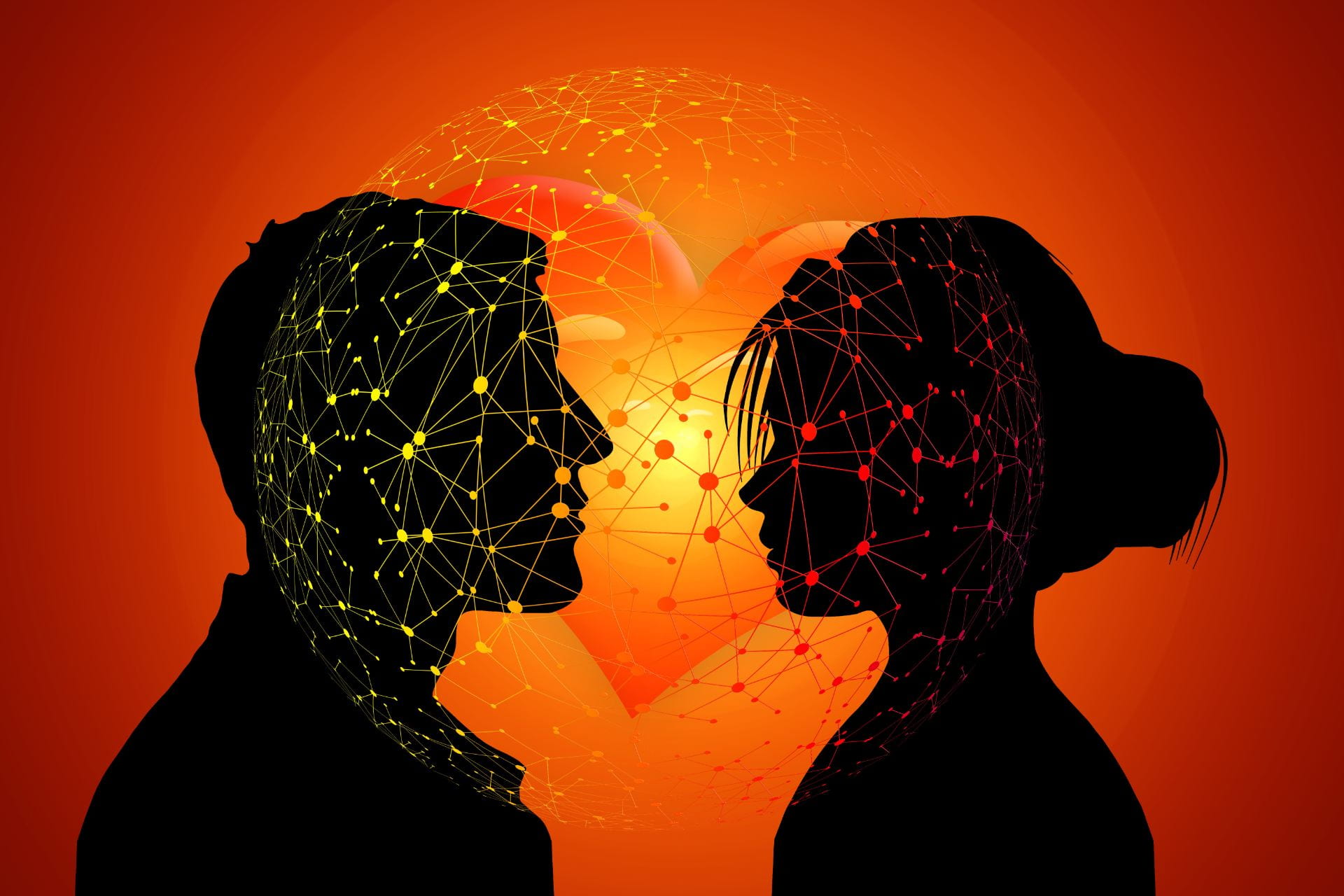How Modern Couples Use Ai Like Chatgpt To Solve Arguments: A Glimpse Into Ai’s Role In Relationships

In recent times, artificial intelligence has moved from being a mere digital assistant to playing a significant role in human relationships. Initially used to flirt or even ghostwrite dating profiles, AI is now stepping into a more contentious territory—mediating couple’s arguments. But can AI like ChatGPT really be an ally in resolving relationship disputes, or does it complicate matters further? This intriguing trend brings forth both challenges and insights into modern-day communication dynamics.
When Couples Turn to ChatGPT: Navigating Arguments with Artificial IntelligenceAI: The New Third Wheel in Relationship Conflicts
It might sound like a plot from a futuristic rom-com, but it’s happening in living rooms and bedrooms around the globe. Couples are now turning to AI tools such as ChatGPT not just for conversation starters or dating advice but to gain an upper hand in arguments. A user on Reddit’s r/AITA (Am I The Asshole) forum shared a personal dilemma that highlights this growing trend. The user, drawss4scoress, finds himself at odds with his girlfriend’s method of handling conflicts—consulting ChatGPT right amidst their arguments.
His girlfriend, as per his account, utilizes the AI to dissect their arguments, often returning with points that peg him as emotionally unavailable or insecure. “My big issue is it’s her formulating the prompts so if she explains that I’m [sic] in the wrong, it’s going to agree without me having a chance to explain things,” he explains. This scenario isn’t unique but a reflection of a broader pattern where individuals seek AI validation to fortify their stance in personal disputes.
The Rise of AI in Personal Disputes: More Than Just Digital AssistanceThe Digitalization of Interpersonal Communication
The integration of AI into personal disputes raises questions about the nature of communication and conflict resolution. Historically, resolving conflicts involved face-to-face interactions, where nuances and emotions could be directly conveyed and understood. However, with the rise of digital communication, particularly among Gen Z—who, as reported by Hinge, have had limited dating experiences due to the pandemic—AI and online platforms have become the go-to mediums for interaction.
Using AI like ChatGPT in arguments may seem like an efficient way to craft responses or understand another’s point of view. However, it also suggests a potential dependency on technology for emotional validation and conflict resolution. The AI, programmed to respond based on the input it receives, can hardly grasp the full spectrum of human emotions involved in a couple’s argument. It serves the perspective it’s fed, without truly understanding the complexities or the emotional context of the situation.
Navigating Emotional Intelligence and AI Assistance
While AI can offer a detached perspective that might help in understanding certain facets of an argument, it is no substitute for genuine human empathy and emotional intelligence. The essence of resolving relationship conflicts lies in communication, understanding, and empathy—qualities that AI has yet to master. According to another commenter on the Reddit thread, even ChatGPT itself suggests that AI shouldn’t replace human-to-human interaction, highlighting the inability of AI to fully comprehend the intricacies of human relationships.
As we navigate this new digital landscape, it’s crucial to remember that AI should augment our human experiences, not replace them. Tools like ChatGPT can provide insights or suggestions, but they should not become the mediator in personal relationships. The core of conflict resolution should remain rooted in direct, empathetic communication between individuals.
Navigating Love in the Digital Age: The Pros and Cons of Using AI for Conflict ResolutionThe use of AI like ChatGPT in resolving couple’s arguments is a testament to the evolving role of technology in our lives. It reflects a shift in how younger generations handle interpersonal communications—where digital interfaces often precede direct interaction. However, while AI can serve as a tool for understanding, it’s vital to maintain a balance where technology supports rather than dictates the dynamics of human relationships. As we continue to integrate AI into our daily lives, drawing boundaries on its role in personal matters, especially those as delicate as love and relationships, becomes increasingly important.


